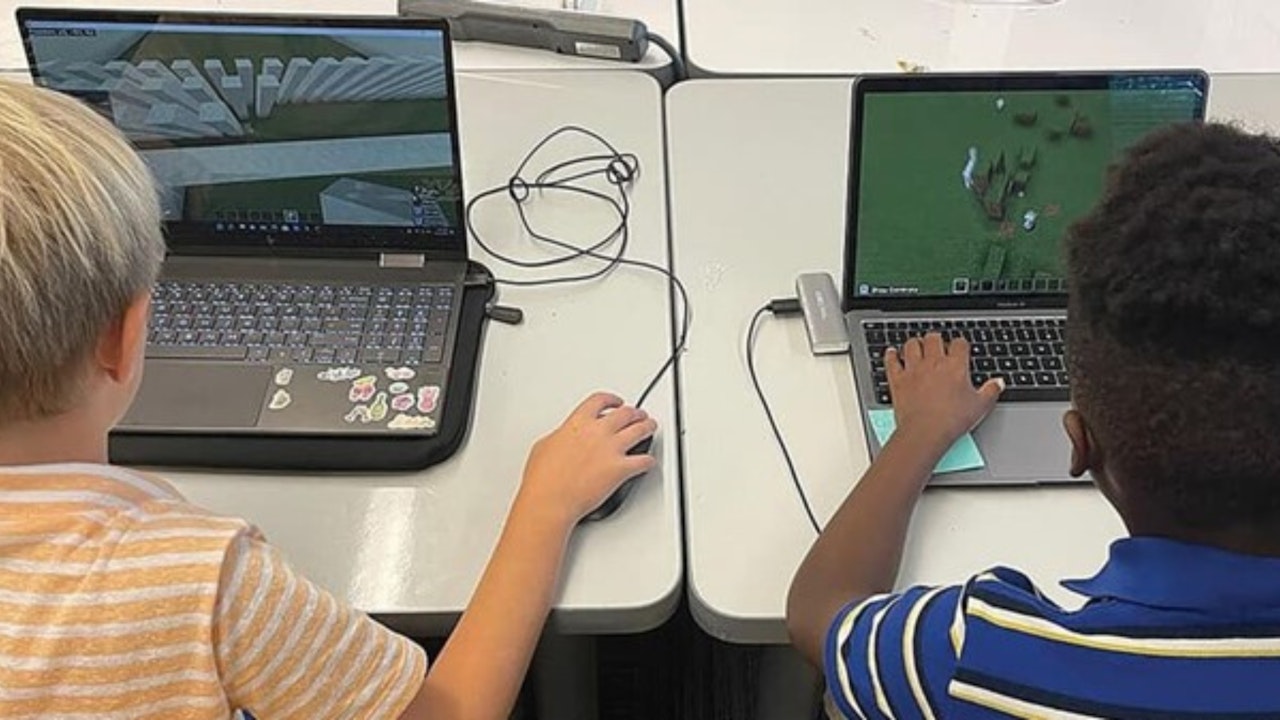Homepage
•
Learning Library
•
Blog
•
Minecraft Education Is a Game — and a Learning Tool!
Expand breadcrumbs
Expand breadcrumbs
- Learning Library
- Blog
- Minecraft Education Is a Game — and a Learning Tool!
- Homepage
- •
- Learning Library
- •
- Blog
- •
- Minecraft Education Is a Game — and a Learning Tool!
Minecraft Education Is a Game — and a Learning Tool!
By Laylah Bulman
February 7, 2024








